Home>Home Appliances>Laundry Appliances>Pipes Banging When Washing Machine Filling
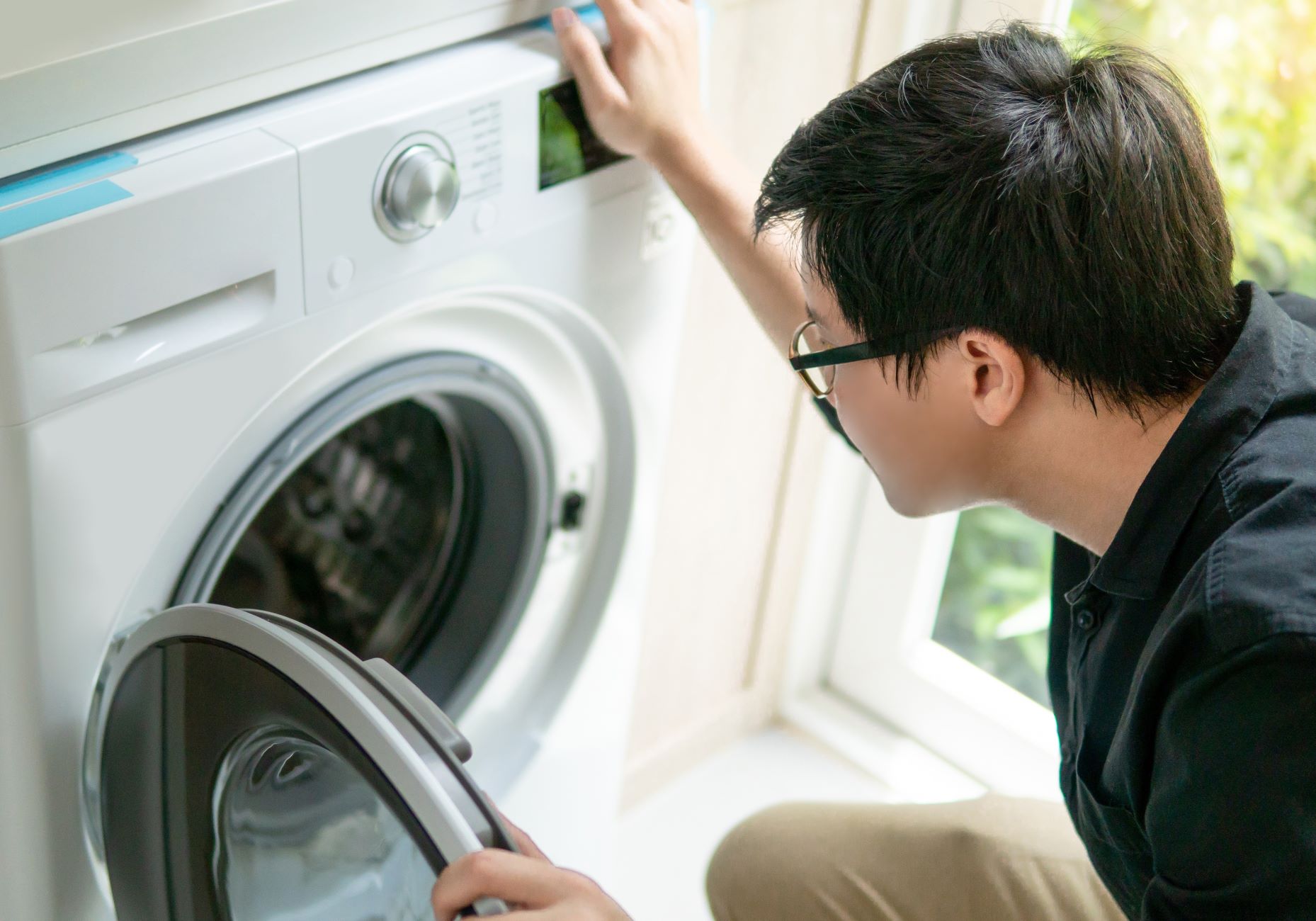

Laundry Appliances
Pipes Banging When Washing Machine Filling
Modified: October 20, 2024
Experiencing banging pipes when your laundry appliances are filling? Learn how to fix this issue and prevent further damage. Keep your home quiet and your plumbing in top condition.
(Many of the links in this article redirect to a specific reviewed product. Your purchase of these products through affiliate links helps to generate commission for Storables.com, at no extra cost. Learn more)
Common Causes of Banging Pipes
Banging pipes can be a startling and disruptive issue, especially when they occur during the filling of a washing machine. This phenomenon, often referred to as water hammer, is typically caused by the abrupt cessation of water flow within the pipes. Understanding the common causes of banging pipes is crucial for effectively addressing this problem. Here are some prevalent factors that can lead to this disruptive occurrence:
-
Water Hammer: When the water flow is suddenly halted, such as when a washing machine's solenoid valve closes, the kinetic energy of the moving water is transformed into pressure, causing the pipes to reverberate and produce a banging sound.
-
Loose Pipes: Over time, the securing straps or hangers that hold the pipes in place may become loose or deteriorate, allowing the pipes to move and strike against nearby surfaces when water flow is abruptly stopped.
-
High Water Pressure: Excessively high water pressure can exacerbate the effects of water hammer, leading to more pronounced banging and potential damage to the plumbing system.
-
Air Chambers: In some cases, air chambers within the plumbing system may become waterlogged, diminishing their ability to absorb the shock of sudden water flow cessation and resulting in banging pipes.
-
Worn Out Washer Hoses: The hoses connecting the washing machine to the water supply can deteriorate over time, leading to increased water hammer effects and contributing to the banging pipes phenomenon.
Understanding these common causes of banging pipes is the first step toward effectively addressing this issue. By identifying the specific factors contributing to the problem, homeowners can take targeted measures to rectify the situation and restore peace and quiet to their laundry room.
Key Takeaways:
- Banging pipes during washing machine use can be caused by water hammer, loose pipes, high water pressure, air chambers, and worn-out washer hoses. Identifying and addressing these factors is crucial for a peaceful laundry experience.
- To fix banging pipes, consider installing water hammer arrestors, adjusting water pressure, securing loose pipes, flushing air chambers, and inspecting/replacing washer hoses. Maintaining proper water pressure is essential for efficient washing machine operation and plumbing system integrity.
Read more: Why Is My Washer Banging When Spinning
How to Fix Banging Pipes in Washing Machine
Addressing banging pipes in a washing machine requires a systematic approach to mitigate the disruptive water hammer effect and restore tranquility to the laundry area. Here are several effective methods to fix banging pipes associated with washing machine use:
-
Install Water Hammer Arrestors: Consider installing water hammer arrestors, which are shock-absorbing devices that can be integrated into the plumbing system to cushion the shock of abrupt water flow cessation. These devices effectively minimize the reverberation and noise caused by water hammer, providing a long-term solution to the banging pipes issue.
-
Adjust Water Pressure: Excessively high water pressure can exacerbate the effects of water hammer, leading to more pronounced banging pipes. By adjusting the water pressure to an optimal level, the intensity of the water hammer effect can be significantly reduced, thereby minimizing the disruptive noise and potential damage to the plumbing system.
-
Secure Loose Pipes: Inspect the plumbing system to identify any loose pipes or hangers that may be contributing to the banging pipes issue. Re-secure or replace the straps and hangers to ensure that the pipes are firmly held in place, preventing them from moving and striking against nearby surfaces when water flow is abruptly stopped.
-
Flush Air Chambers: If the plumbing system incorporates air chambers, it is essential to ensure that they are functioning effectively. Over time, air chambers may become waterlogged, diminishing their ability to absorb the shock of sudden water flow cessation. By flushing the air chambers, their functionality can be restored, mitigating the water hammer effect and reducing the occurrence of banging pipes.
-
Inspect and Replace Washer Hoses: Regularly inspect the washer hoses connecting the washing machine to the water supply. Worn-out or deteriorating hoses can exacerbate the water hammer effect, contributing to the banging pipes phenomenon. Replace any damaged hoses with high-quality, durable alternatives to minimize the disruptive noise and ensure the smooth operation of the washing machine.
By implementing these proactive measures, homeowners can effectively address the issue of banging pipes associated with washing machine use. These solutions not only mitigate the disruptive water hammer effect but also contribute to the overall efficiency and longevity of the plumbing system, enhancing the laundry experience for homeowners.
Importance of Proper Water Pressure
Proper water pressure is a critical factor in maintaining the functionality and longevity of a plumbing system, particularly in the context of washing machine operation. The significance of maintaining optimal water pressure extends beyond mere convenience, encompassing crucial aspects of performance, safety, and cost-effectiveness.
Ensuring Efficient Washing Machine Operation
Optimal water pressure is essential for the efficient operation of a washing machine. Inadequate water pressure can lead to suboptimal filling and rinsing cycles, resulting in ineffective cleaning and potential damage to clothing. Conversely, excessively high water pressure can strain the washing machine's components, leading to premature wear and reduced operational efficiency. By maintaining proper water pressure, homeowners can optimize the performance of their washing machines, ensuring thorough cleaning while minimizing the risk of mechanical issues.
Safeguarding the Plumbing System
Proper water pressure plays a pivotal role in safeguarding the integrity of the plumbing system. Inadequate pressure can lead to airlocks, reduced flow rates, and potential backflow issues, compromising the overall functionality of the system. Conversely, excessively high water pressure can exert undue stress on pipes, fittings, and appliances, increasing the likelihood of leaks, bursts, and other forms of damage. By maintaining optimal water pressure, homeowners can mitigate these risks, preserving the structural integrity of their plumbing system and minimizing the need for costly repairs.
Read more: Washer Filling With Water When Off
Promoting Water Conservation
Optimal water pressure contributes to efficient water usage, promoting conservation and sustainability. Inadequate pressure may necessitate prolonged washing cycles to compensate for reduced water flow, leading to unnecessary water wastage. Conversely, excessively high pressure can result in water splashing and overspray, leading to avoidable water wastage. By maintaining proper water pressure, homeowners can optimize water usage during laundry activities, aligning with environmentally conscious practices and reducing their ecological footprint.
Enhancing Appliance Longevity
Proper water pressure is instrumental in enhancing the longevity of washing machine components and associated plumbing fixtures. Inadequate pressure can lead to prolonged operational cycles, placing additional strain on the washing machine's internal mechanisms. Conversely, excessively high pressure can subject the appliance to undue stress, accelerating wear and potentially shortening its lifespan. By maintaining optimal water pressure, homeowners can prolong the longevity of their washing machines and associated plumbing components, minimizing the need for premature replacements and repairs.
In essence, the importance of proper water pressure in the context of washing machine operation cannot be overstated. By ensuring optimal pressure levels, homeowners can enhance the efficiency, safety, and sustainability of their laundry activities while safeguarding the integrity of their plumbing system and appliances. This proactive approach not only fosters a seamless laundry experience but also contributes to long-term cost savings and environmental responsibility.
Preventive Maintenance for Washing Machine Pipes
Proactive maintenance is paramount in preserving the functionality and longevity of washing machine pipes, ensuring seamless operation and mitigating the risk of disruptive issues such as banging pipes. By implementing preventive measures, homeowners can effectively safeguard their plumbing system and optimize the performance of their washing machine. Here are essential strategies for preventive maintenance:
Regular Inspection and Cleaning
Regular inspection of washing machine pipes is crucial for identifying potential issues such as leaks, corrosion, or mineral buildup. Inspecting the hoses, connectors, and valves enables homeowners to detect early signs of wear or deterioration, allowing for timely intervention to prevent potential water damage. Additionally, periodic cleaning of the inlet filters and screens helps maintain optimal water flow, reducing the likelihood of blockages and pressure irregularities.
Read more: When To Use Deep Fill On Washer
Proper Installation and Alignment
Ensuring the proper installation and alignment of washing machine pipes is fundamental in preventing strain and potential damage. Properly securing the hoses and ensuring they are not kinked or twisted minimizes the risk of leaks and premature wear. Additionally, maintaining the appropriate distance between the washing machine and the wall prevents the hoses from being crushed or damaged, preserving their integrity and functionality.
Use of High-Quality Hoses and Connectors
Opting for high-quality, durable hoses and connectors is essential for long-term reliability. Stainless steel braided hoses are renowned for their strength and resistance to corrosion, offering superior durability compared to standard rubber hoses. Similarly, robust connectors with secure fittings contribute to leak prevention and overall system integrity, minimizing the risk of water damage and associated repair costs.
Periodic Replacement of Washer Hoses
Washer hoses are subjected to significant water pressure and mechanical stress during each laundry cycle, making periodic replacement a crucial preventive measure. Experts recommend replacing standard rubber hoses every five years, even if no visible signs of wear are present. This proactive approach mitigates the risk of hose failure and potential water leakage, safeguarding the surrounding area from damage and minimizing the disruption caused by unexpected plumbing issues.
Water Pressure Monitoring
Regular monitoring of water pressure is vital for identifying fluctuations that could impact the performance and longevity of washing machine pipes. Utilizing a pressure gauge to measure water pressure at the inlet provides valuable insights into the system's stability. If irregularities are detected, prompt adjustments can be made to maintain optimal pressure levels, mitigating the risk of water hammer and associated pipe disturbances.
By adhering to these preventive maintenance strategies, homeowners can effectively preserve the integrity of their washing machine pipes, minimize the risk of disruptive issues, and ensure the long-term reliability of their plumbing system. This proactive approach not only enhances the efficiency and safety of laundry activities but also contributes to cost savings and peace of mind for homeowners.
Frequently Asked Questions about Pipes Banging When Washing Machine Filling
Was this page helpful?
At Storables.com, we guarantee accurate and reliable information. Our content, validated by Expert Board Contributors, is crafted following stringent Editorial Policies. We're committed to providing you with well-researched, expert-backed insights for all your informational needs.
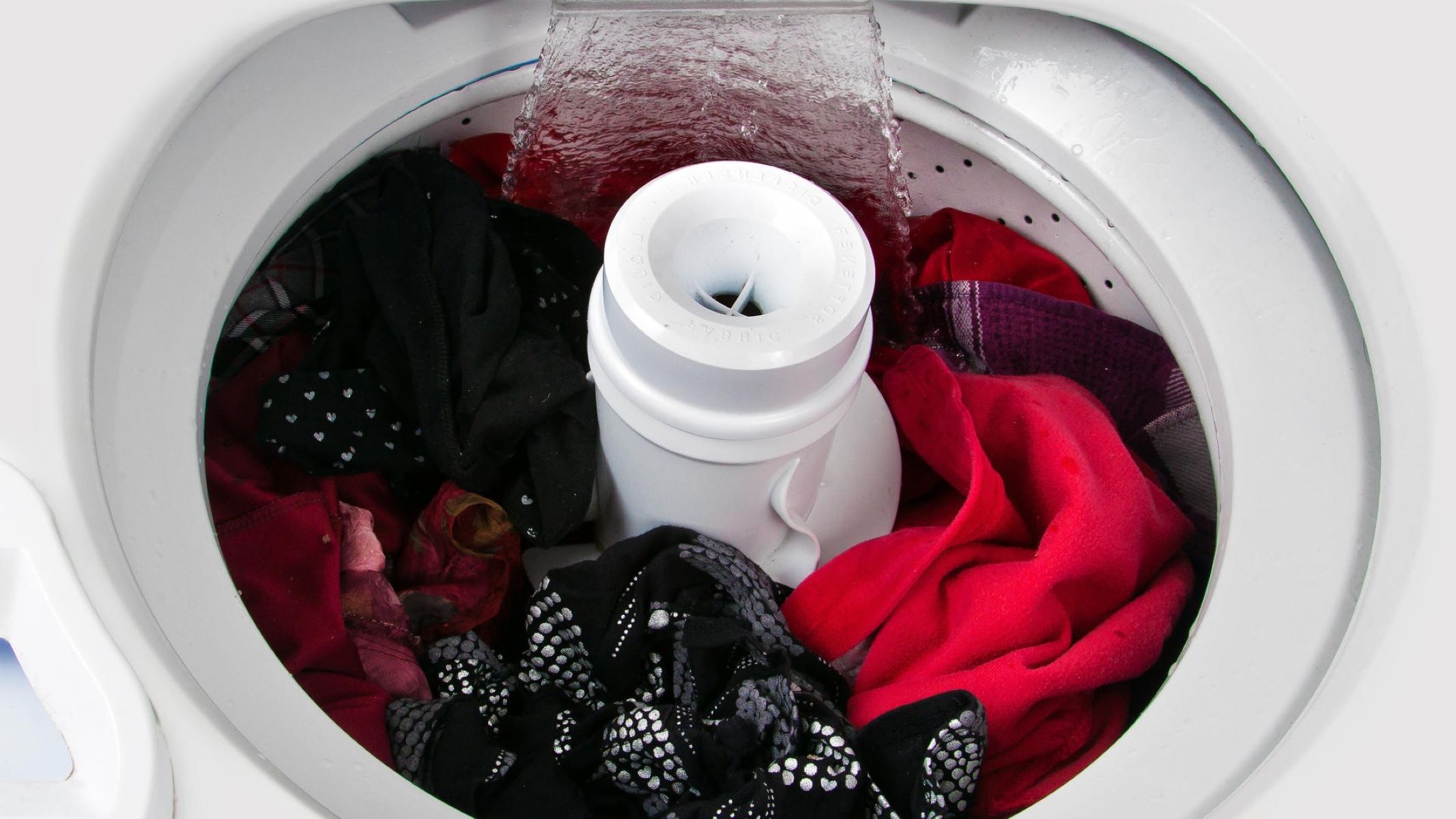
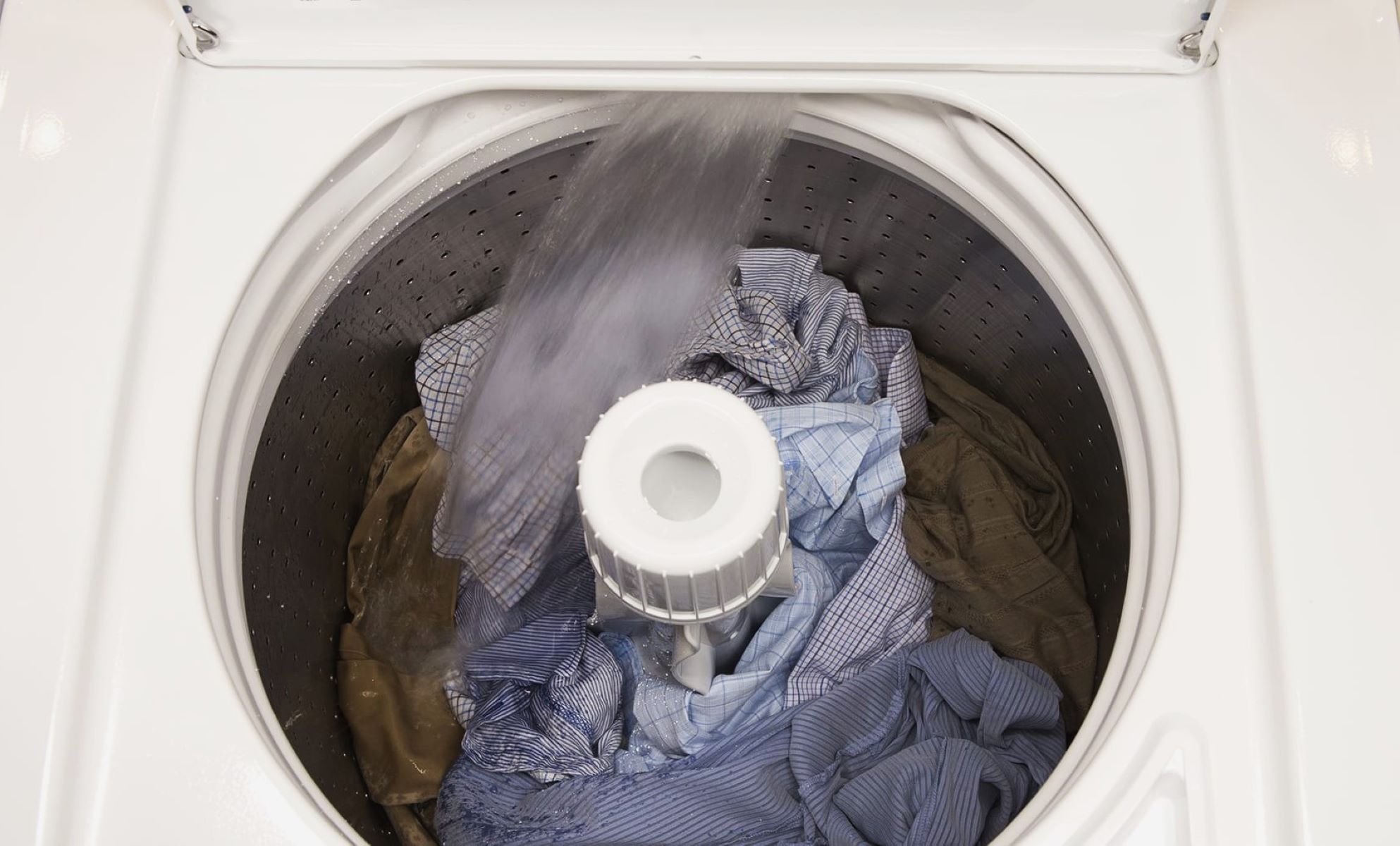
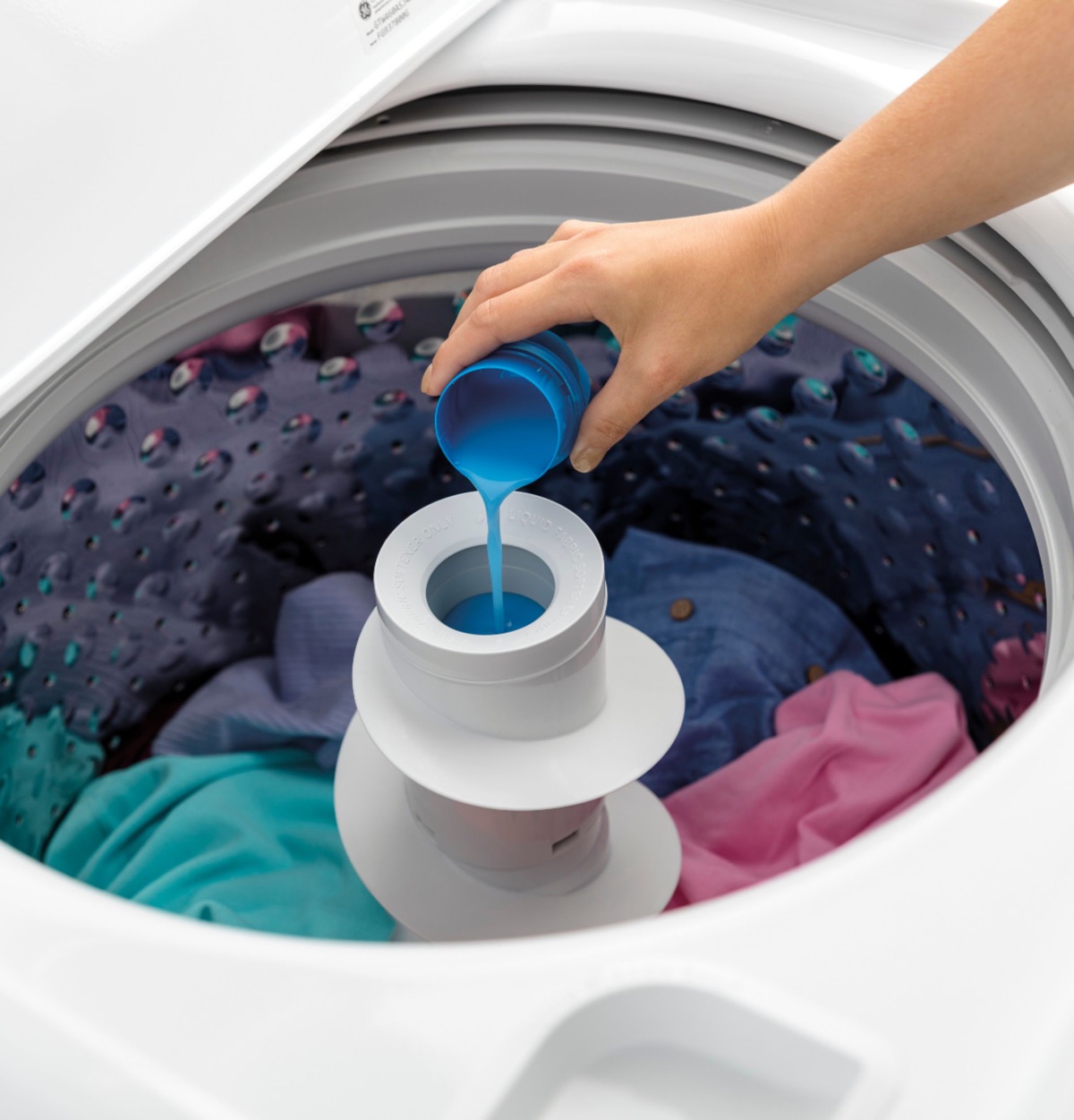
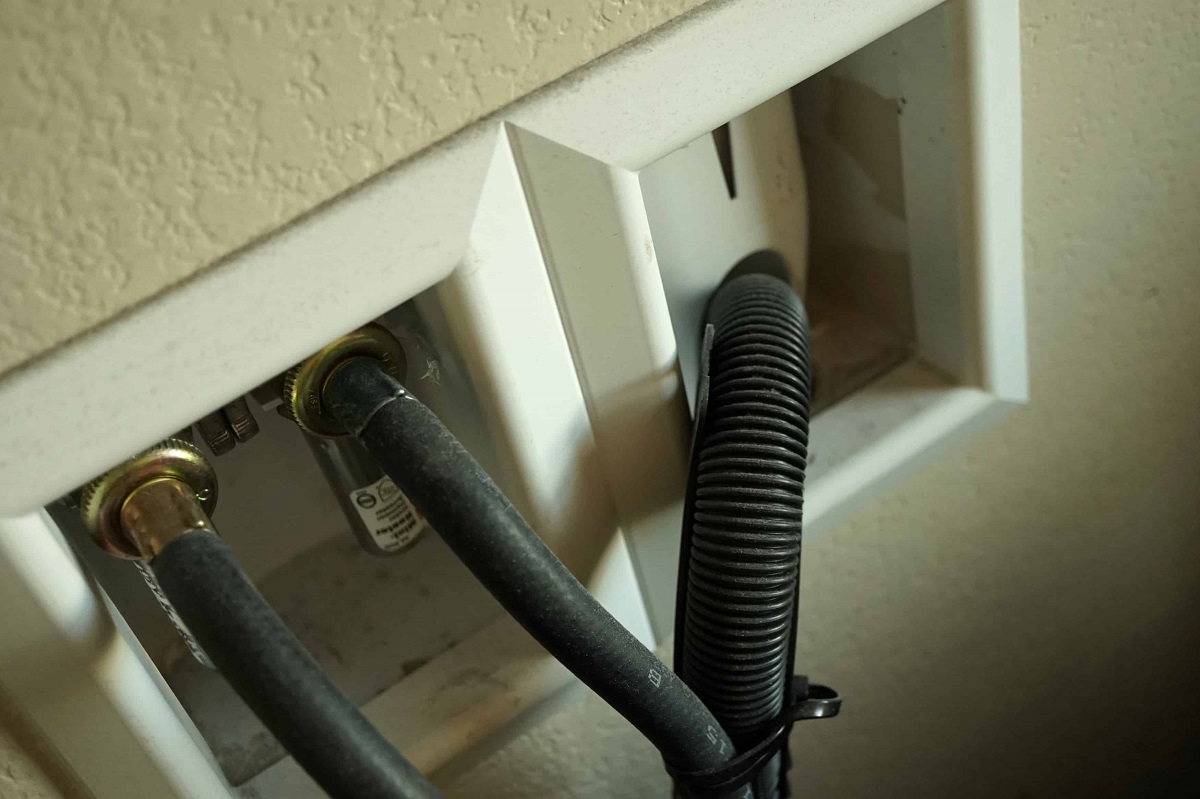
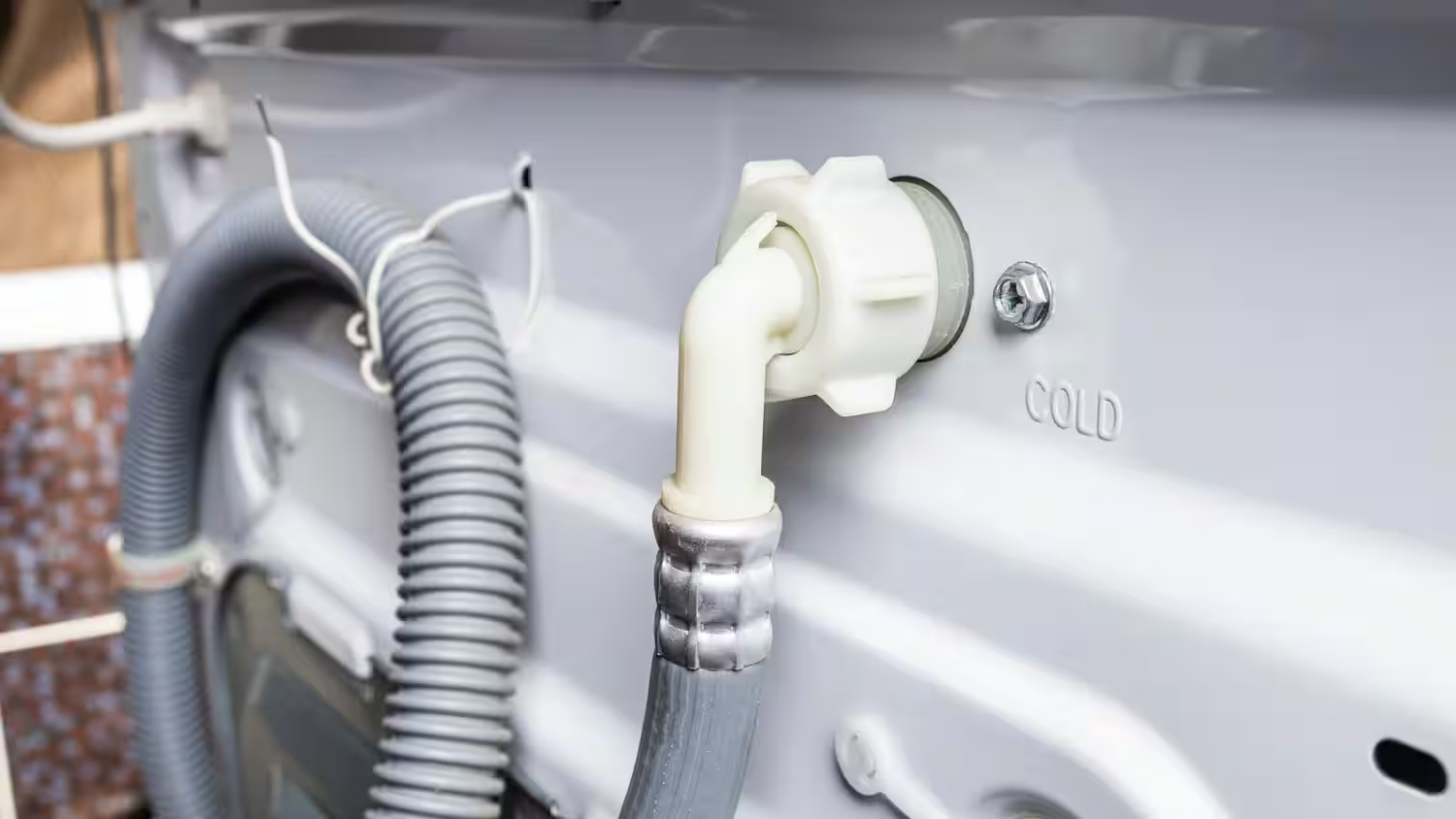
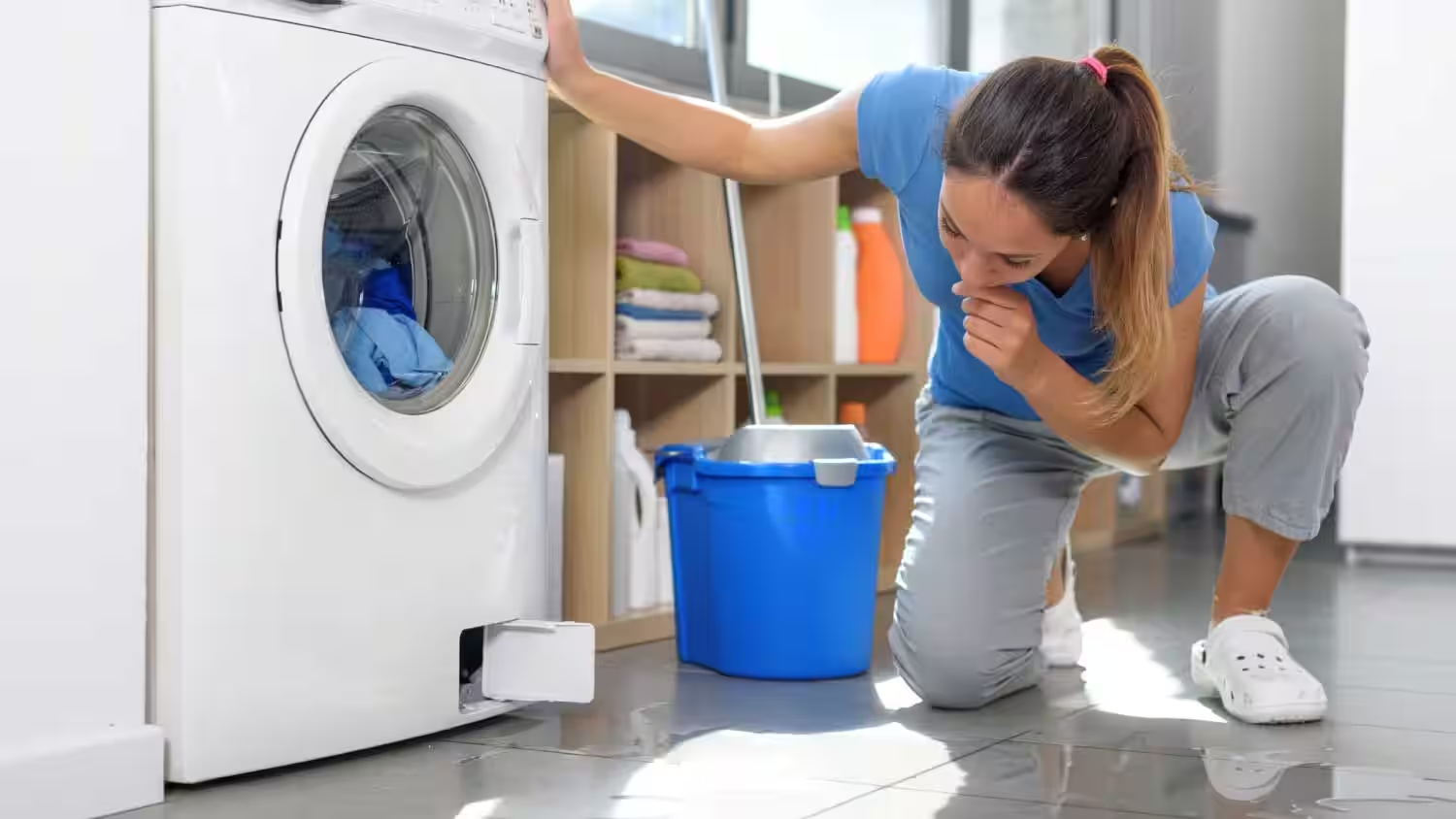
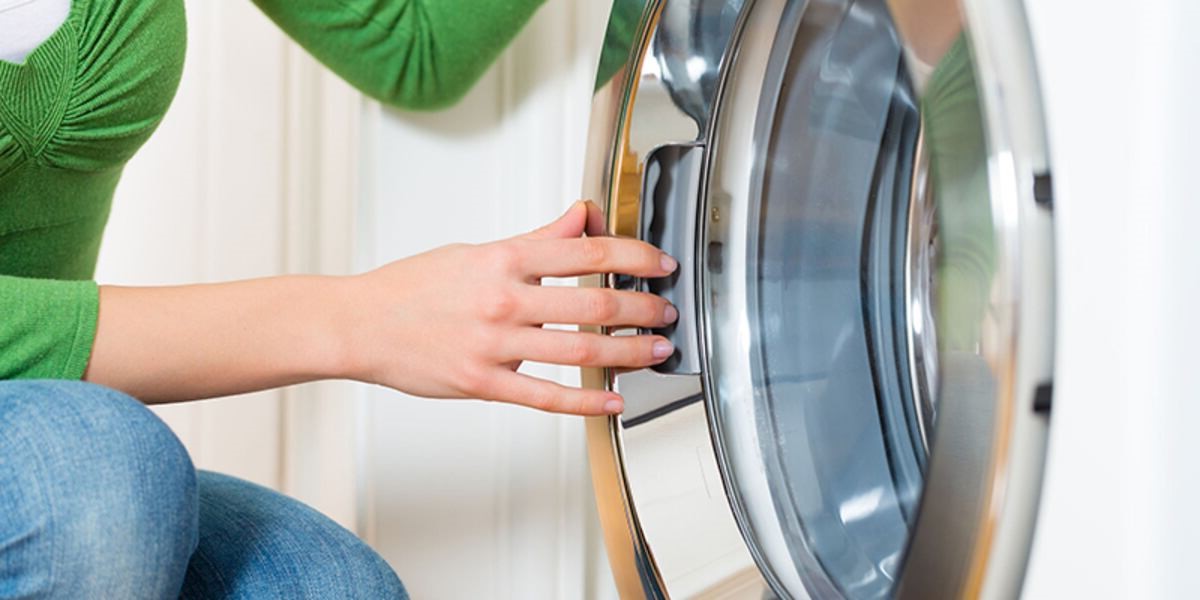
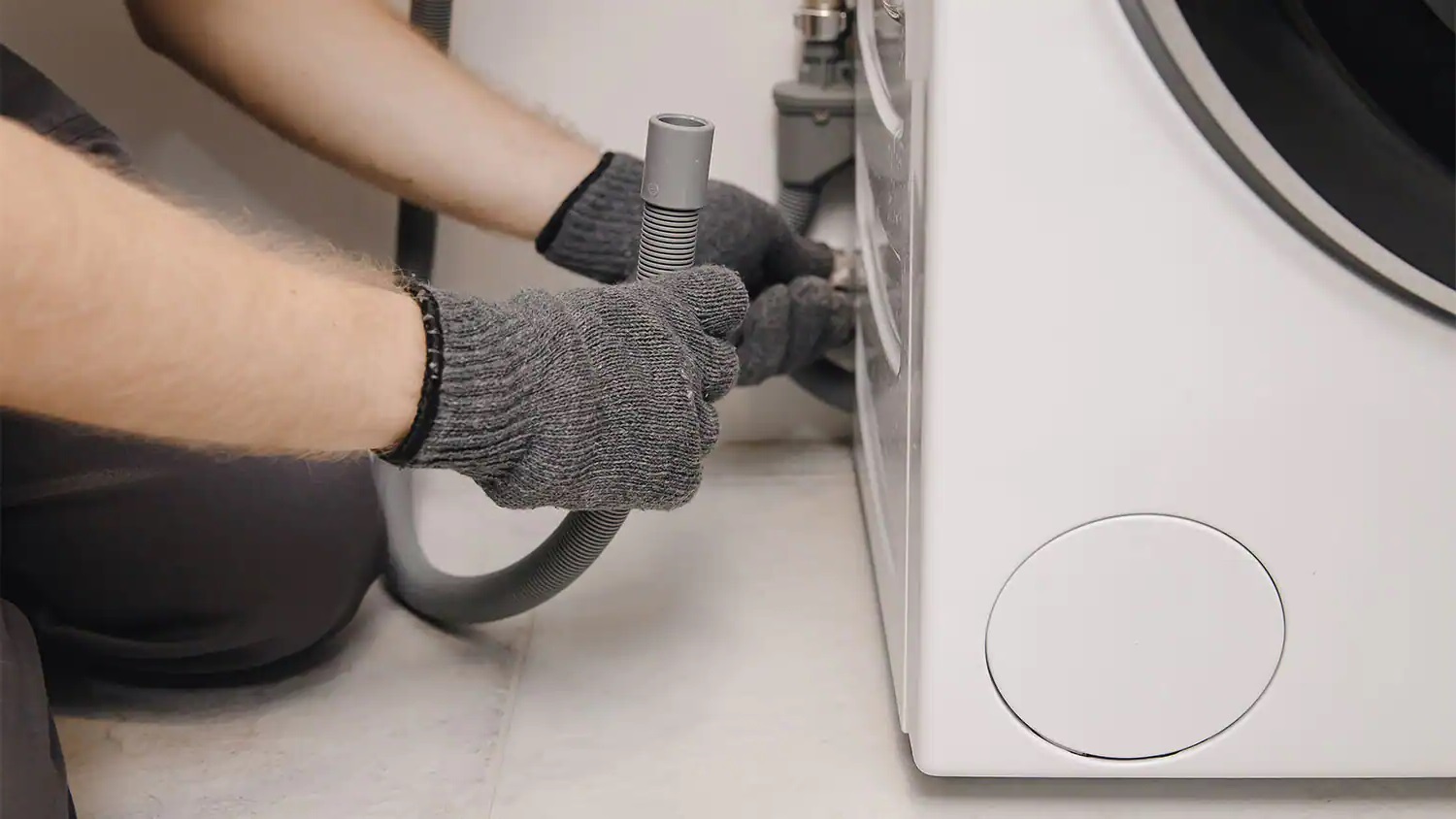
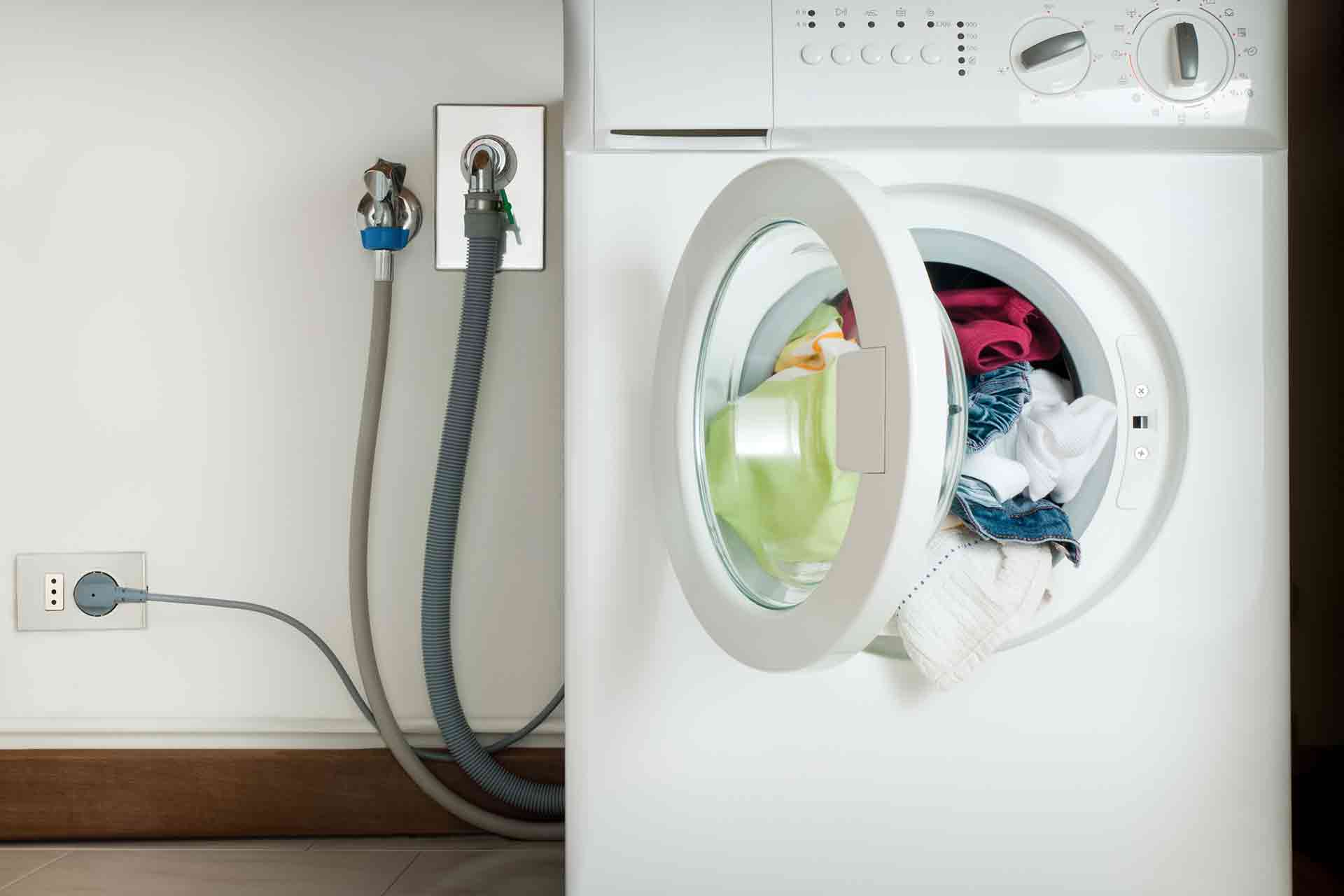
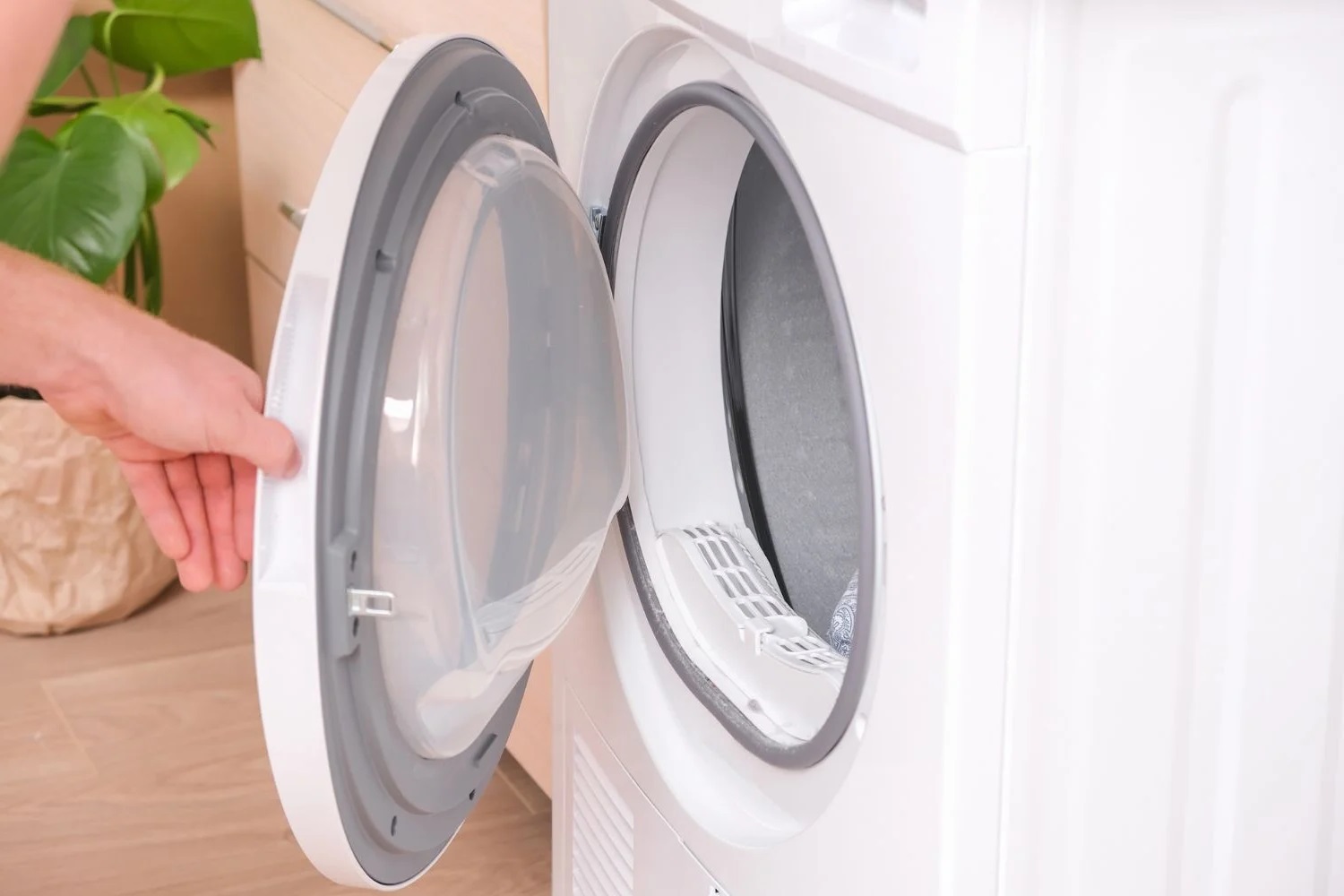
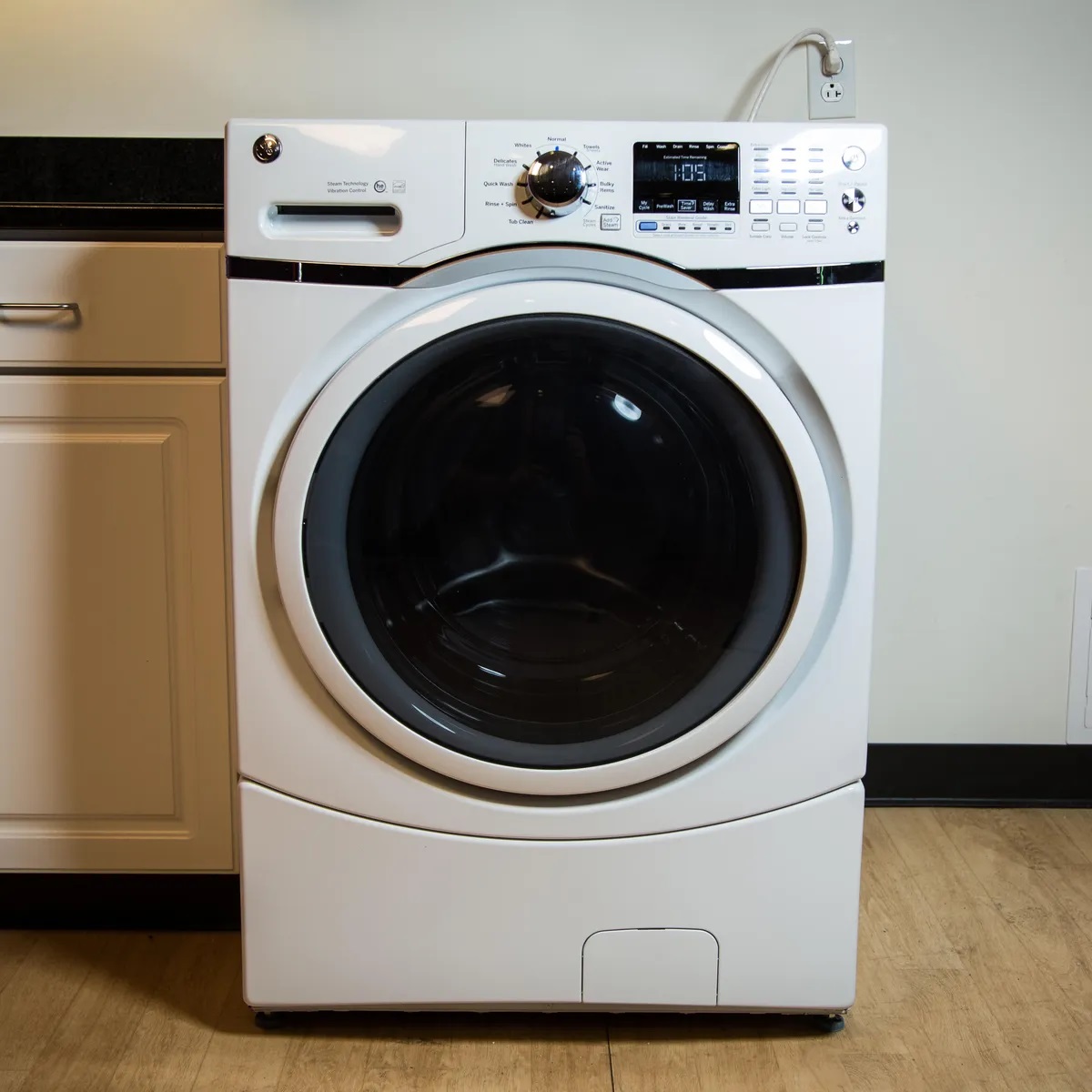
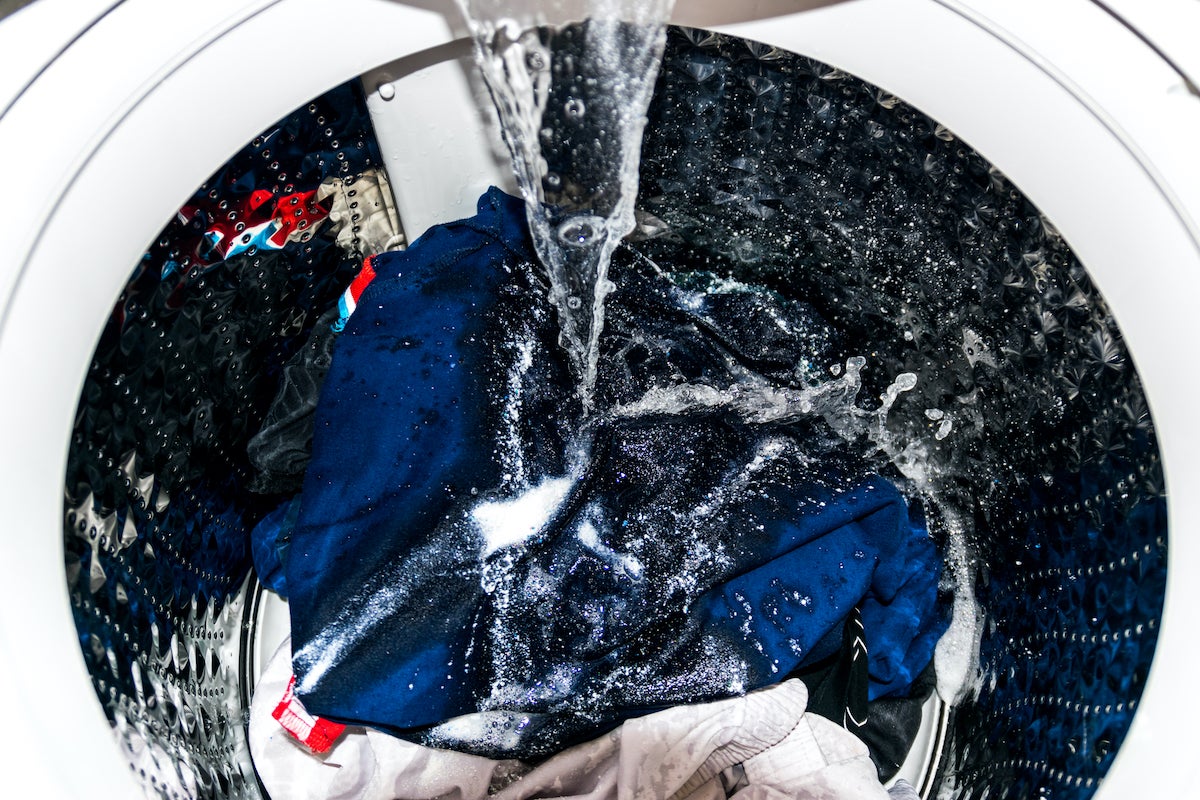
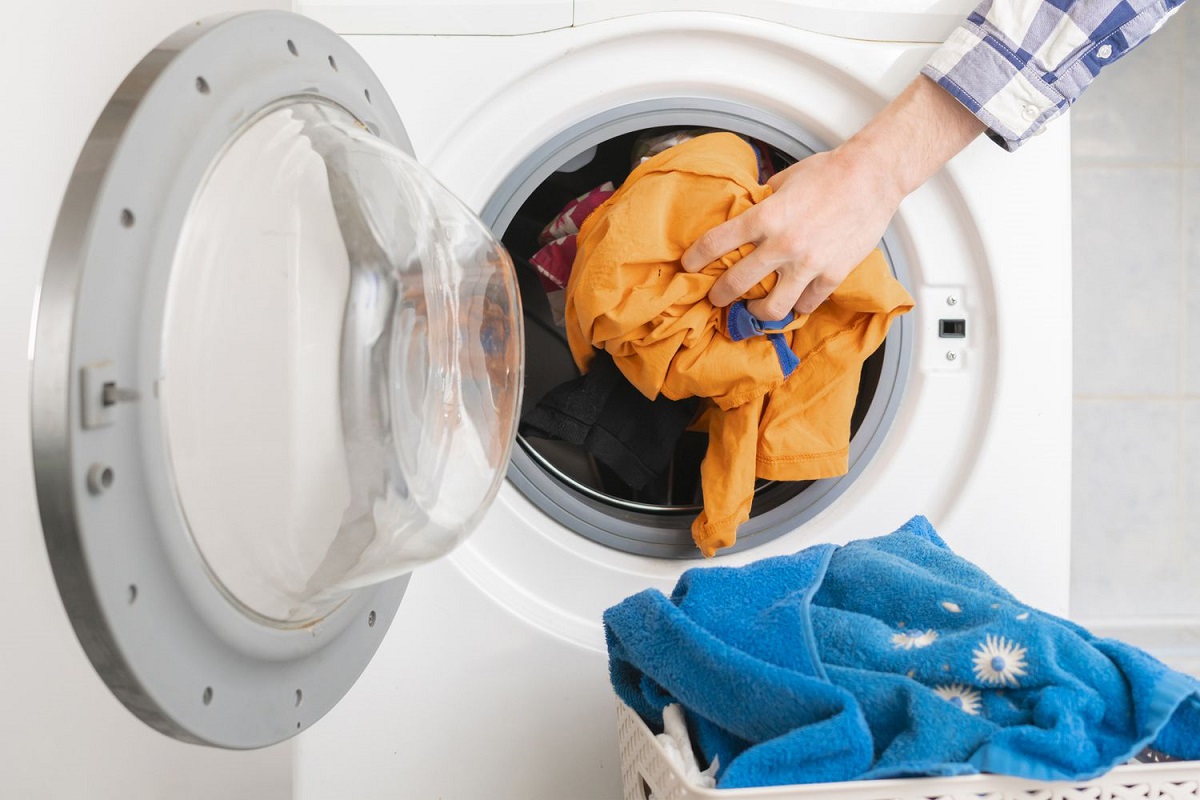

0 thoughts on “Pipes Banging When Washing Machine Filling”